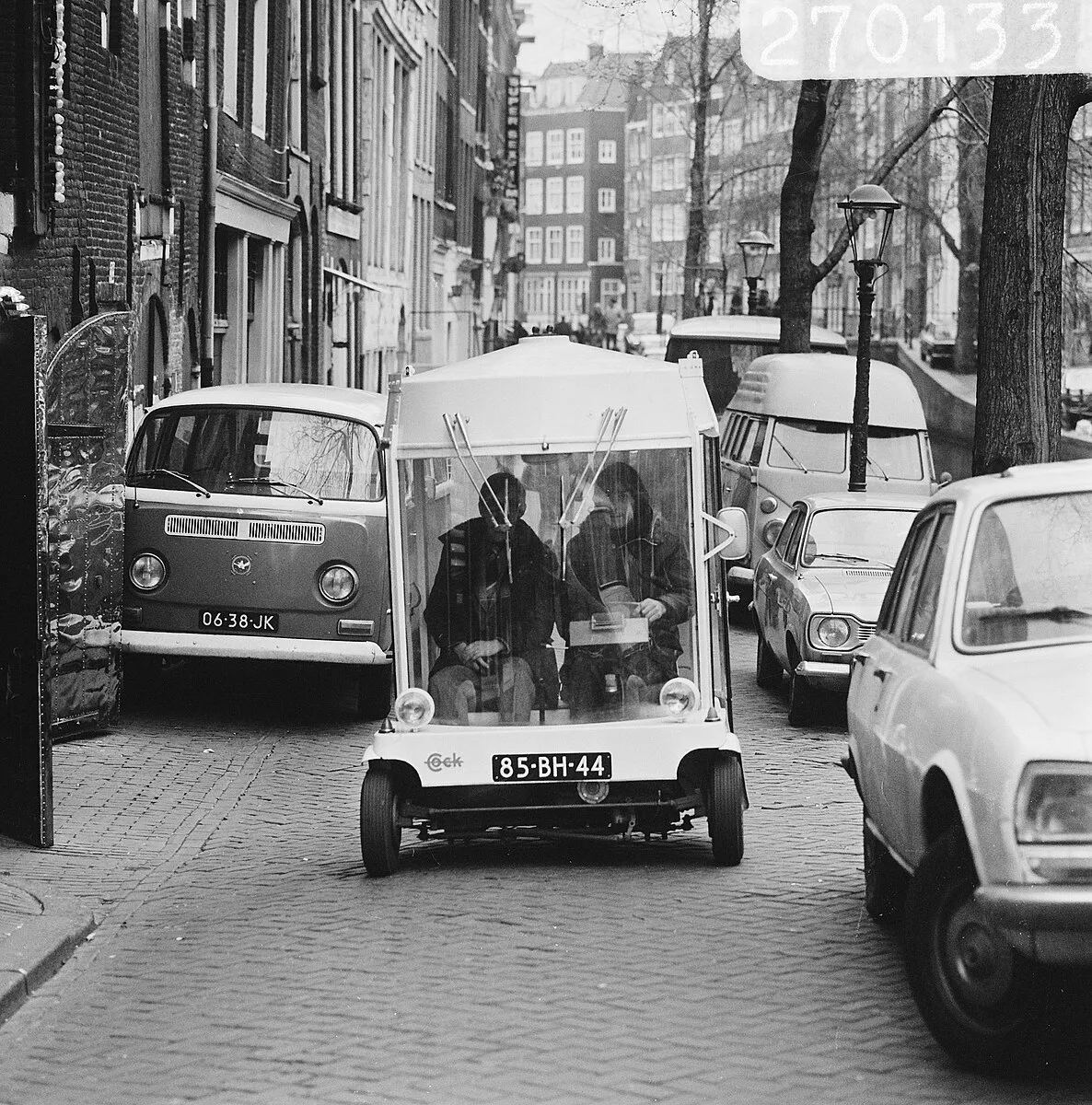Within the framework of its Sustainable Urban Mobility campaign, the
European Commission Vice-President Siim Kallas, responsible for transport said, ‘The European Commission has earmarked more than US$647,800 over three years for practical support to active campaigners promoting sustainable urban mobility in European cities. Providing the most effective campaigners across Europe with increased visibility and up to US$9,000 represents a proactive step to encourage European citizens to diversify the transportation they use.’
Initiatives proposed included the promotion of car free days, cycling competitions, cycle parades and cycle to work days. Among the initiatives rewarded was Salisbury Transport Management Organisation’s (SALTMO) ‘Salisbury Car Share’.
This cutting-edge action is a first for the UK and blends the idea of a car pooling scheme with tangible incentives to promote sustainable transport choices by encouraging car drivers to make better use of empty seats.
From early 2013, Salisbury Car Share members will be given cash rewards each time they log a car pool journey. By signing up to Salisbury Car Share, users can either post an offer as a car driver or browse the car pooling offers posted by drivers. A powerful system identifies potential matches based on where people live and their preferences, in terms of travel time, route, and even music tastes. A simple email exchange then typically follows and an environmentally-friendly car pool is born. Participants often either share the driving or the parking/fuel costs.
The new cash rewards approach will be introduced in 2013 allowing members who sign up to the scheme to benefit from each shared journey over a three month period.
‘Saving money, meeting new people and helping the environment are all motivating factors to car pool, but offering the chance also to be rewarded is a very powerful incentive to get involved,’ explains Tom Murray Willis, Project Manager at SALTMO.










